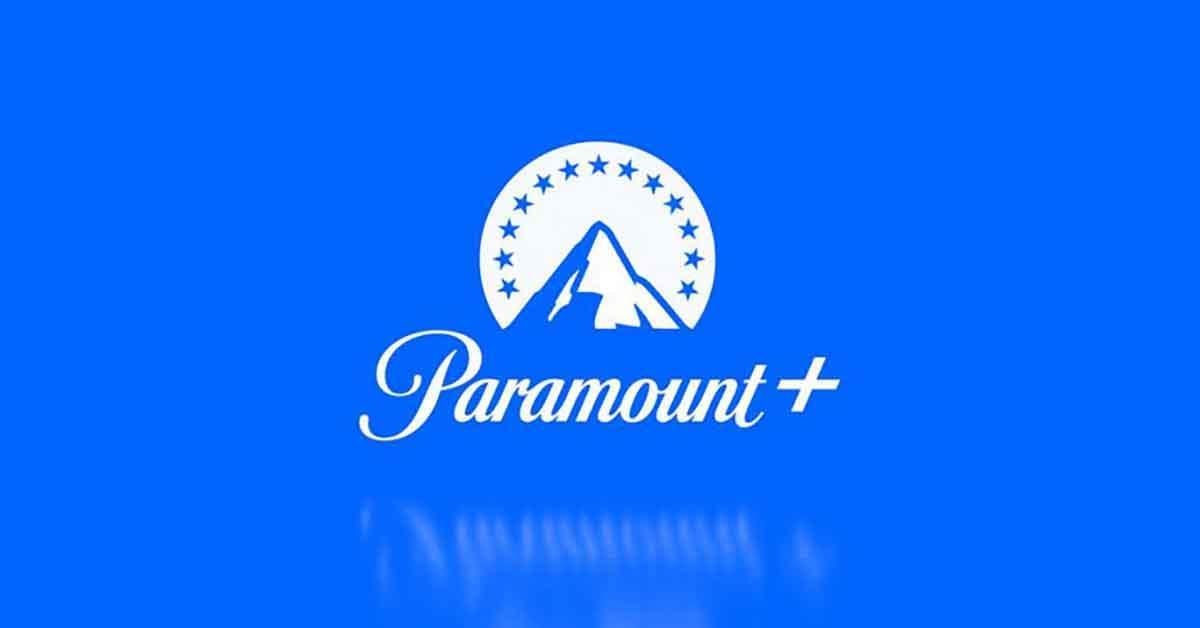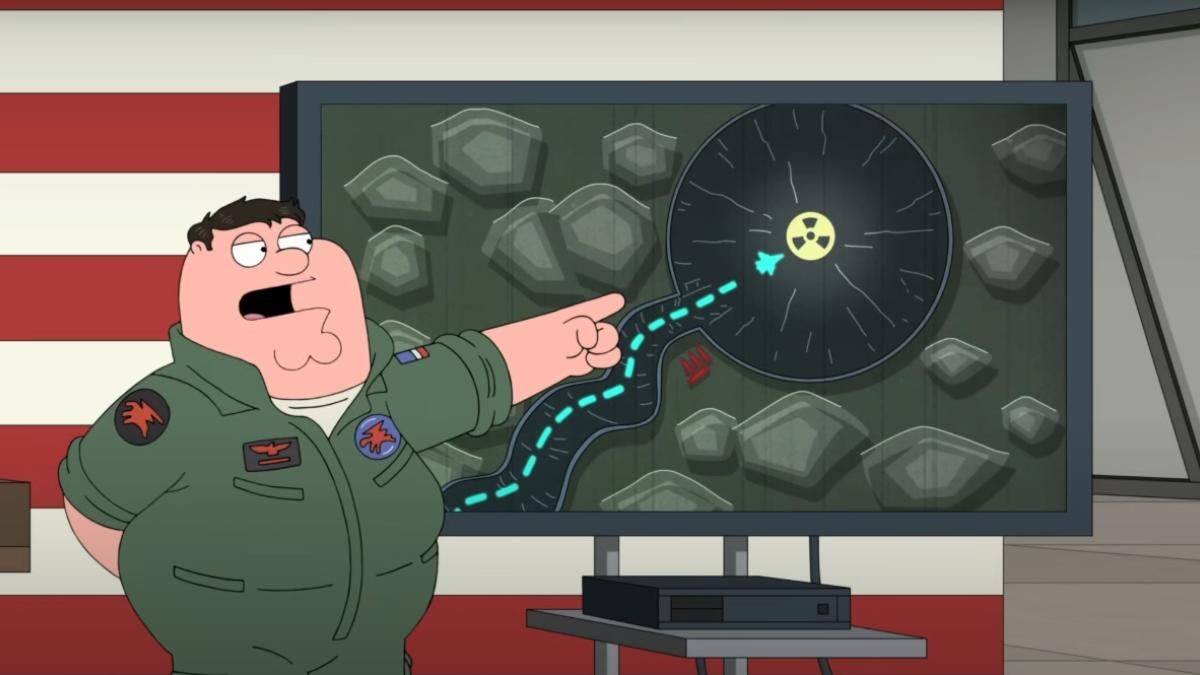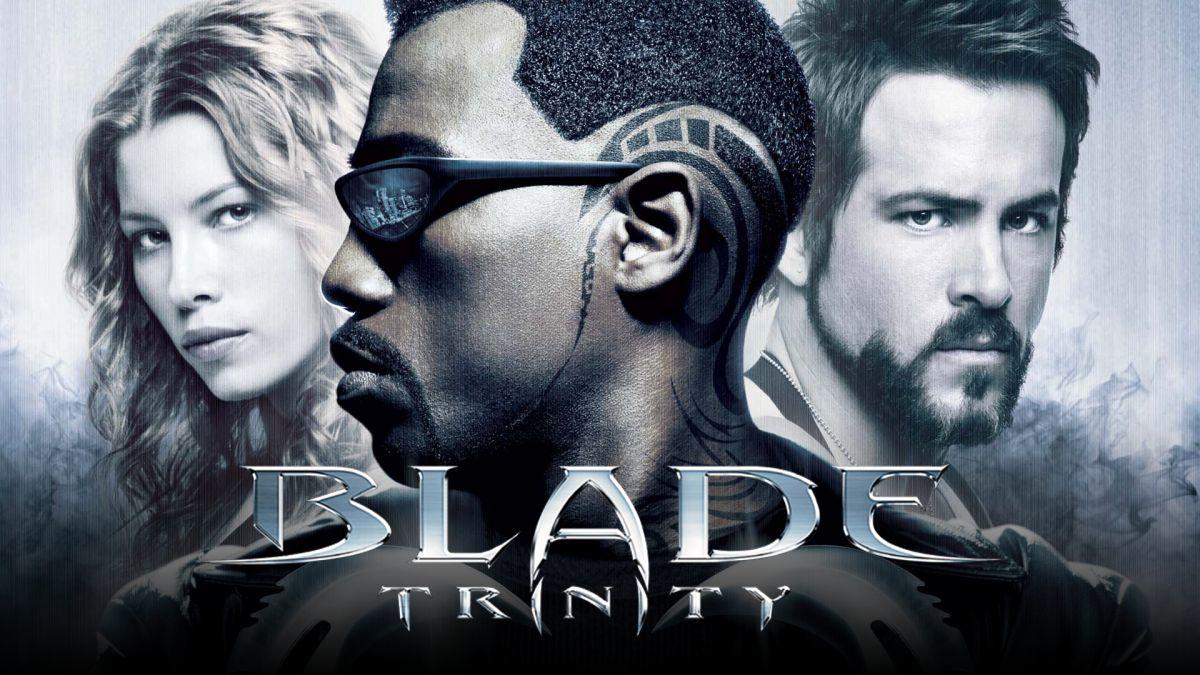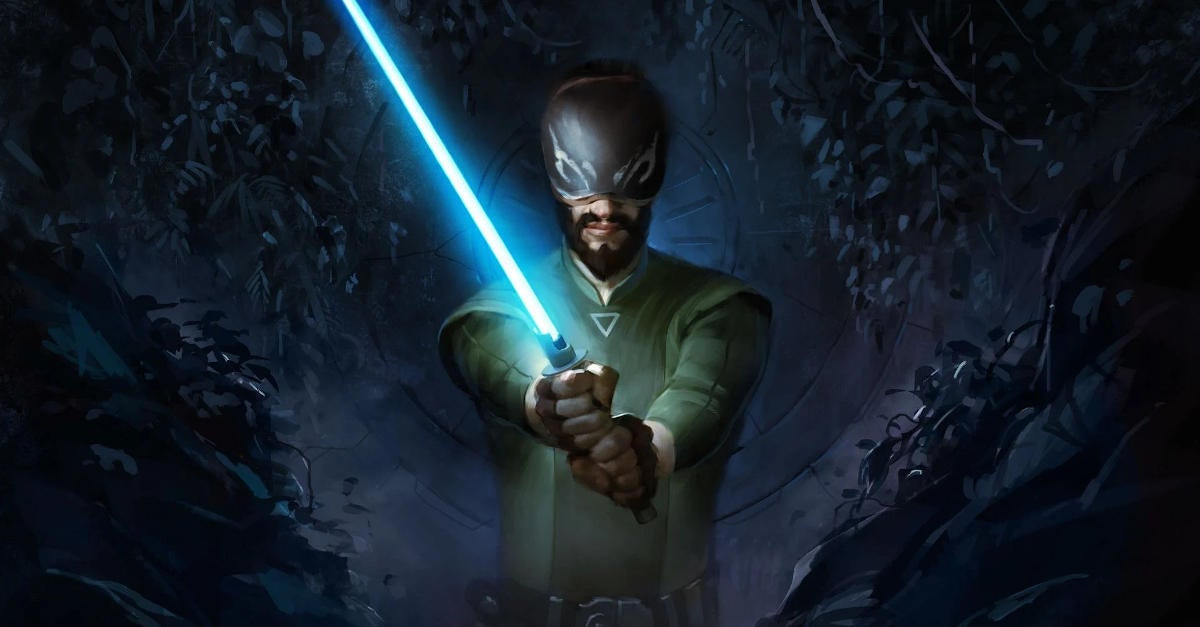Star Trek: Picard Showrunner Explains Why That Vulcan Wore Sunglasses
Star Trek: Picard has a conspiracy at the heart of its story, but some Star Trek fans can't get [...]
Star Trek: Picard has a conspiracy at the heart of its story, but some Star Trek fans can't get past another question: Why did that Vulcan need sunglasses? In the episode "The End is the Beginning," Commodore Oh, the head of Starfleet security, approaches Dr. Agnes Jurati while Jurati is eating lunch outside. The sun is shining brightly, and Oh is wearing sunglasses. But some fans note that doesn't make sense since previous episodes of Star Trek established that Vulcans evolved inner eyelids to protect their sight from the intense light of the three suns that shine on their home planet.
Star Trek: Picard showrunner Michael Chabon took to Instagram to address that question. He's aware that a Vulcan wouldn't need to wear sunglasses. Knowing that and seeing Oh wear sunglasses, what then, he asks, does that tell us about Commodore Oh?
The implication seems to be that Commodore Oh isn't a Vulcan. This ties into that conspiracy we mentioned. Agents of the Romulan Zhat Vash have infiltrated Starfleet. We know that one Romulan agent was surgically modified to appear human while operating on Earth. In the case of Oh, she wouldn't need to modify her appearance since Vulcana and Romulans are nearly identical anyway, having once been the same race.
View this post on InstagramSeason 1 Showrunner Michael Chabon Answers Some Fan FAQs about Star Trek: Picard
Ahead of Picard's premiere, ComicBook.com spoke to producer Alex Kurtzman about Starfleet's role in the story. "There's obviously going to be a lot of debate about how we've portrayed the Federation," he says. "What we'll tell you is that the Federation is still the Federation. We're not trying to cast aspersions on them. I think it's very difficult when you are the leader of a series of member planets when you're in the middle of something like the Romulan supernova. And then what happens on Mars, as you'll come to see, that is their 9/11 in a lot of ways. That is an incredibly divisive moment where it's difficult to unify everybody and keep them together and keep Starfleet together in those horrible, horrible moments of decision. And in that way, we were looking to examine the world but also we were looking to look at the event through the eyes of Jean-Luc Picard because he ended up having his falling out with Starfleet over that.
"It does not mean Starfleet is dark now. We're not telling that story. I think that would be a violation of what is essential to Star Trek. The Federation does its best. It doesn't always make the right choice, but it always does its best and it's trying its best to protect everybody and sometimes it's impossible to protect everybody. Jean-Luc in many ways is, as he would tell you, kind of just as responsible for – he uses the words later in the season, 'I made the perfect the enemy of the good.' And in some ways, you hold onto an ideal and if it's not perfect then I'm going to walk away from it, but actually when you walk away from it then no good gets done. And so what are the compromises you're willing to live with in order to serve a greater good? You may not always get everything, but what do we need to do as people to make those choices? And in that sense, I think it's a real exploration of the complicated world that we live in now."
New episodes of Star Trek: Picard become available to stream Thursdays on CBS All Access.
Disclaimer: ComicBook.com is owned by ViacomCBS.




